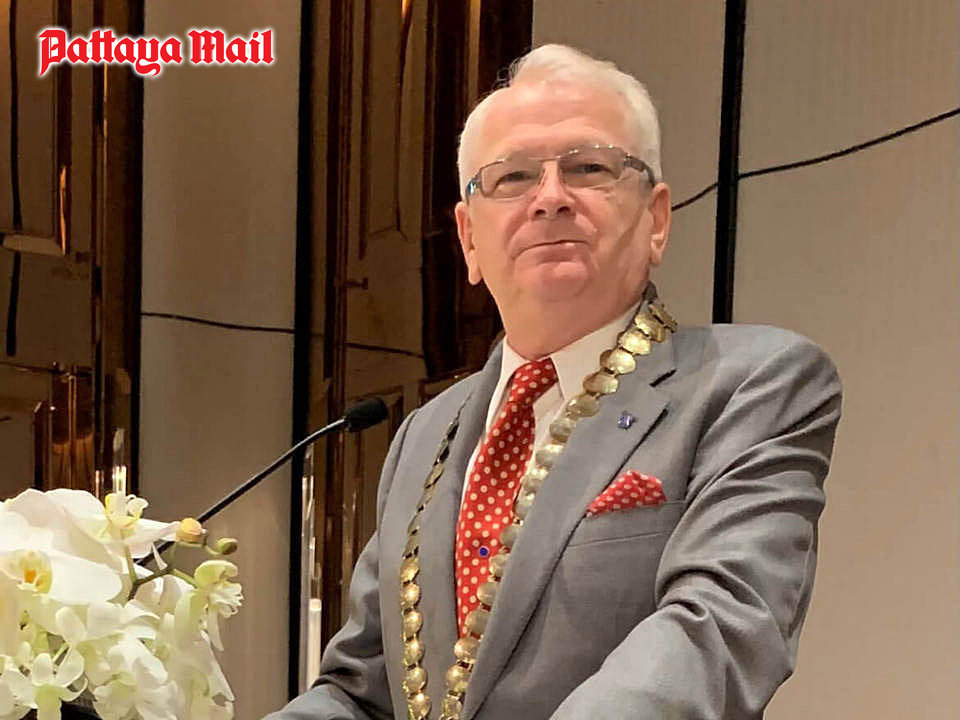
BANGKOK, Thailand – In an age defined by geopolitical tensions and economic challenges, tourism quietly but powerfully emerges as a bridge-builder, fostering peace, understanding, and economic prosperity across nations.
Asia, the world’s fastest-growing tourism market, welcomed nearly 300 million international arrivals in 2023, with Thailand standing tall as a leader in the region. The “Land of Smiles” hosted 40 million visitors that year, generating 2.38 trillion baht (approximately $67 billion USD). The growth continues: 2024 year-to-date figures reached over 35 million arrivals, with forecasts for 2025 predicting up to 39 million visitors.
Tourism: An Economic and Cultural Powerhouse
Tourism’s impact extends far beyond the scenic beaches and bustling markets. In Southeast Asia, where tourism contributes 12% of GDP, the industry sustains millions of livelihoods. “Every tourist arrival represents a chain of economic activity,” says Gloria Guevara, former CEO of the World Travel & Tourism Council. From small-scale street vendors to five-star resorts, tourism provides a lifeline for diverse communities.
Thailand exemplifies how tourism can drive transformation. Regions like Krabi, once plagued by unrest, are now thriving travel destinations. Tourism has also helped preserve cultural heritage, promote environmental sustainability, and uplift rural communities, showcasing its potential to harmonize economic growth with social progress.
Travel as a Catalyst for Peace
Beyond economics, tourism acts as a silent diplomat, fostering global unity. When people travel, they encounter different cultures, fostering mutual understanding and tolerance. Angelina Jolie, renowned actress and humanitarian, aptly states, “Travel opens eyes and hearts. When we understand each other’s stories, peace becomes possible.”
The influence of tourism on peace is also measurable. The Institute for Economics and Peace reports that nations reliant on tourism, like Cambodia and the Maldives, tend to score higher on the Global Peace Index. Additionally, the Pacific Asia Travel Association (PATA) found that a 10% increase in tourism correlates with a 1.5% decrease in regional conflict likelihood.
The Role of Policy and Sustainability
While the potential for tourism to build peace is immense, its success depends on mindful governance. Governments must focus on infrastructure that enhances accessibility and inclusivity. Sustainable practices should prioritize the protection of cultural and natural resources, ensuring that tourism benefits extend to all.
Nobel laureate Malala Yousafzai captures this sentiment perfectly: “When people travel, they learn. And when they learn, they understand. Understanding is the first step toward peace.”
In a fragmented world, tourism exemplifies humanity’s resilience and capacity for connection. Whether through Bangkok’s vibrant streets, a tranquil Balinese temple, or the cultural vibrance of Tokyo, every journey contributes to a more united, peaceful future.










